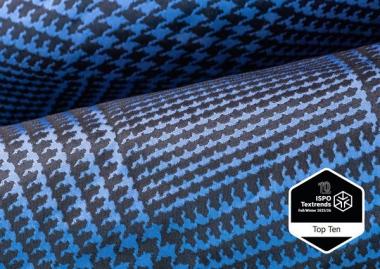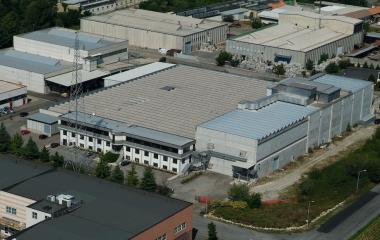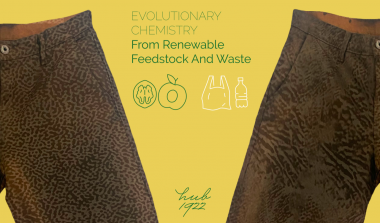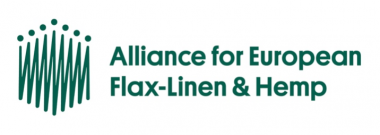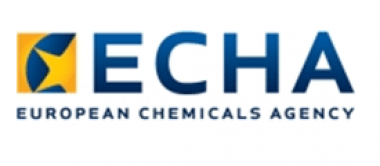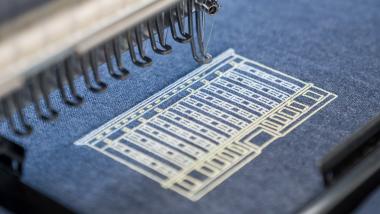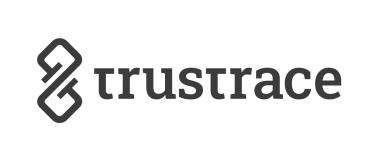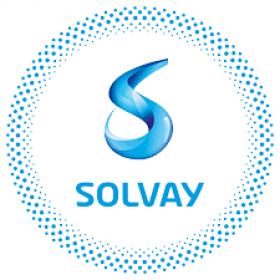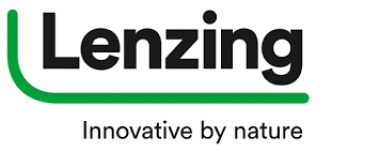Suedwolle Group: New ACTIVEYARN® collection
Suedwolle Group introduces ACTIVEYARN®, the company’s first seasonless corporate collection: ACTIVEYARN® is composed of a selection of weaving, flat and circular knitting, hosiery and technical yarns, with advanced spinning technologies, wool blends and other natural and traceable fibres. It is a seasonless collection of yarns suitable for different occasions, to support everyone’s attitude and style.
This idea is expressed by the concept of “Get active”, which is not just about using Suedwolle Group’s products in sports applications, but about a new mindset, a changing perspective. By taking a fresh look at the company’s wide offer, ACTIVEYARN® provides new opportunities and inspiration to explore Suedwolle Group’s full potential in terms of technology, sustainability and innovations. It considers with a new point of view on the collections for knitting, weaving and technical uses, creating new connections among them and offering a mosaic of new possibilities and versatile combinations.
This theme of the collection and the new mindset may be represented in the concept of a “kaleidoscope”, symbol of the active change inspiring Suedwolle Group’s creativity.
The yarns in the ACTIVEYARN® collection embody the company’s six strategic pillars of innovation – sustainability, circularity, traceability, design, performance and technology – drivers of the entire process of design and production.
Jasmin GOTS Nm 2/48 (100% wool 19,5 μ X-CARE) is a natural, renewable and biodegradable yarn with GOTS certification that meets the company’s demand for sustainability. X-CARE, the innovative treatment by Suedwolle Group, uses eco-friendly and chlorine-free substances that make wool environmentally friendly and suitable for easy-care quality.
Tirano Betaspun® RWS FSC (41,5% wool 17,2 μ TEC RWS certified, 41,5% LENZING™Lyocell 1,4 dtex 17% polyamide filament 22 dtex GRS certified) is a fully traceable high performance yarn, suitable for sportswear and activewear.
OTW® Midway GRS Nm 2/60 (60% wool 23,5 μ X-CARE, 40% polyamide 3,3 dtex GRS certified) comes from the recycling of pre-consumer polyamide and thus is a perfect example of circular production. Suitable for weaving, it combines the added performance that comes from our OTW® patented technology applied to a high durability blend, ideal for active garments.
Wallaby Betaspun® Nm 1/60 (87,5% wool 18,4 μ TEC, 12,5% polyamide filament 22 dtex) is the result of application of latest-generation Betaspun® technology to a natural fibre like wool, allowing production of fine yarns with extra strength and abrasion resistance, ideal for seamless and wrap knitting.
Banda TEC X-Compact Nm 2/47 (100% wool 17,2 μ TEC) is a 100% natural, renewable and biodegradable yarn benefitting from the innovative X-Compact, permitting production of particularly linear yarns ideal for clean design and fabrics appropriate for today’s fashions.
Caprera GRS Nm 1/60 (45% wool 19,3 μ Non mulesed X-CARE 55% COOLMAX® EcoMade polyester 2,2 dtex GRS certified) increases the performance of the wool-based non mulesed fibre through combination with COOLMAX® EcoMade polyester. This is a material coming from recycling of post-consumer PET bottles, dyeable at low temperatures, that aids evaporation of moisture from the skin to maintain stable body temperature, enhancing the comfort of activewear and urban garments.
Suedwolle Group







